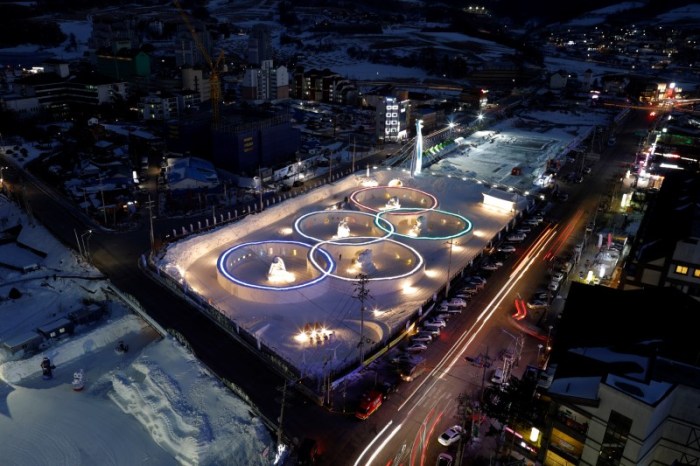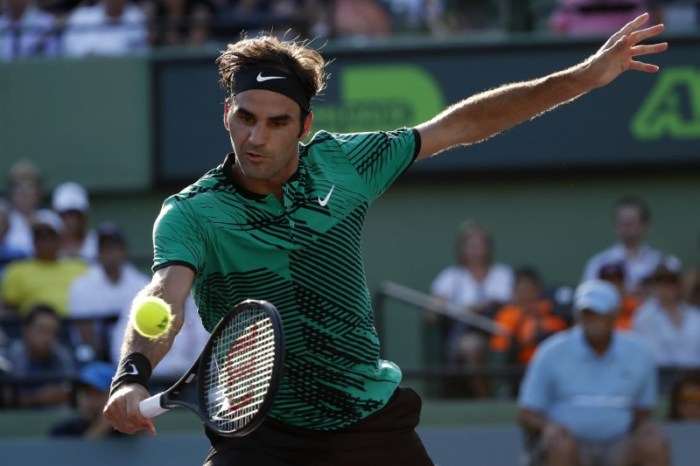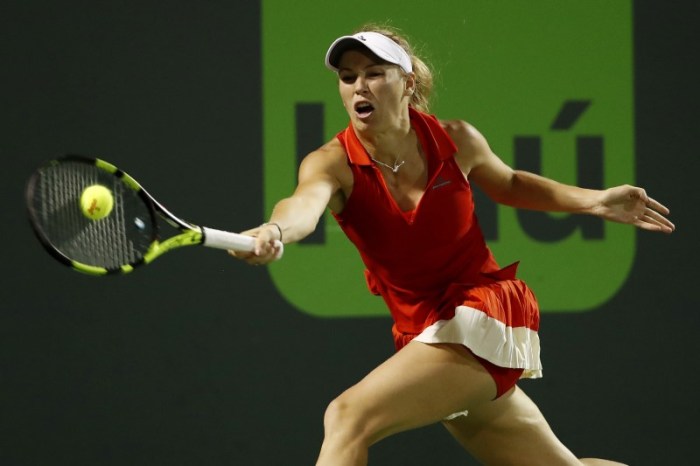By Mitch Phillips
RIO DE JANEIRO (Reuters) – Doping in athletics could be slashed overnight if sponsors showed any will to eradicate it, according to Steve Magness, the coach who blew the whistle on an elite Nike-sponsored athletics program but now feels like a pariah in the sport as a result. Doping scandals have torn athletics asunder over the last two years, and are souring the mood at the Rio Games where some competitors have been loudly booed, but Magness says there is an easy way to make an immediate sea-change. “I guarantee that if the sponsors said ‘hey, we want to clean up the sport’, you could get rid of 70-80 percent of the problem right there,” he told Reuters in a telephone interview. “If sponsors said ‘we are never going to support anyone who tests positive, never supporting coaches who have or have had athletes who take drugs, never supporting agents who have supported drugged athletes’… They could snap their fingers and that would eliminate a huge part of the problem.” Magness says Nike in particular can make a big impact as the dominant sponsor of U.S. athletics, by refusing to support athletes who have ever tested positive. He criticized its backing of 2004 Olympic 100 meters champion Justin Gatlin, who has twice been banned for doping and will line up at Rio. Nike declined to comment for this article.
The company has shown some sensitivity to doping among those it sponsors. It initially suspended its deal with Russian tennis star Maria Sharapova in March after she tested positive for meldonium, which she said she used to treat diabetes. Tennis authorities banned her for two years in June, though it ruled the doping was accidental. Nike has resumed her sponsorship. Nike is also not alone in sponsoring athletes who have had positive doping tests, depending on the circumstances.
The company has a unique role in U.S. athletics that goes well beyond regular sports marketing. It funds the nation’s most elite training center, in Portland, Oregon, under a $460 million 26-year sponsorship deal with US Track and Field. FEELING LIKE A PARIAH
Magness was a leading coach and sports science expert for the Nike Oregon Project (NOP), a camp designed primarily to develop U.S. endurance athletes. The group boasts American Olympic silver medalist Galen Rupp and Britain’s multiple world and Olympic champion Mo Farah among its members. Magness said he left the role in 2012 by mutual consent. In June 2015, he accused NOP’s lead coach and former multi-marathon champion, Alberto Salazar, of violating anti-doping rules and encouraging the use of legal medications for the treatment of asthma and thyroid conditions to gain a performance advantage. Salazar presented an 11,700-word response, addressing many of the issues and questioning Magness’s motives. Rupp and Farah have denied taking performance-enhancing drugs.
“I will never permit doping. Oregon Project athletes must fully comply with the WADA Code andIAAFRules,” Salazar wrote, referring to the World Anti-Doping Agency and the International Association of Athletics Federations. The U.S. Anti-Doping Agency has been investigating the allegations against Salazar but has yet to release a finding.
Last year, when approached about the issue, Nike issued a statement saying: “We take the allegations very seriously as Nike does not condone the use of performance-enhancing drugs in any manner. Both Alberto and Galen have made their perspectives clear and fully refute the allegations made against them.” Magness said he had become an outcast from U.S. athletics since speaking out, once receiving abuse from fans on a visit to Eugene, Oregon, the self-styled “TrackTown” that was awarded hosting rights for the 2021 athletics world championships. “I’ve kind of become a pariah for speaking out,” he said.
“The first time I went to Eugene after the piece came out, numerous fanscame up saying things like ‘why are you lying?’, ‘why are you trying to ruin the sport?’, etc.” “I will never be able to coach any athlete who gets a Nike sponsorship and any athlete I coach will probably never get a Nike sponsorship,” he said.
Nike did not respond when asked to for comment on these allegations.
Adidas, the other major sponsor in track and field, ended its sponsorship of American Tyson Gay, in Rio for the sprint relay, and Briton Dwain Chambers after their positive tests.
“Each of the agreements with our athletes include a clear clause which states that the agreement shall be terminated if the athlete is found guilty of the possession or use of drugs,” an Adidas spokesman said. Asked about media reports that it planned to pull its long-term multi-million-dollar sponsorship deal with the IAAF due to doping concerns, Adidas said it was monitoring the situation.
IAAF President Sebastian Coe, speaking in Rio ahead of the start of the athletics program on Friday, said he understood those concerns but was confident they had been addressed.
“We’ve stabilized some of those sponsors who were clearly nervous last year, and why wouldn’t they have been?”, Coe said.
(Additonal reporting by Gene Cherry and Emma Thomasson; Editing by Mark Bendeich)


















